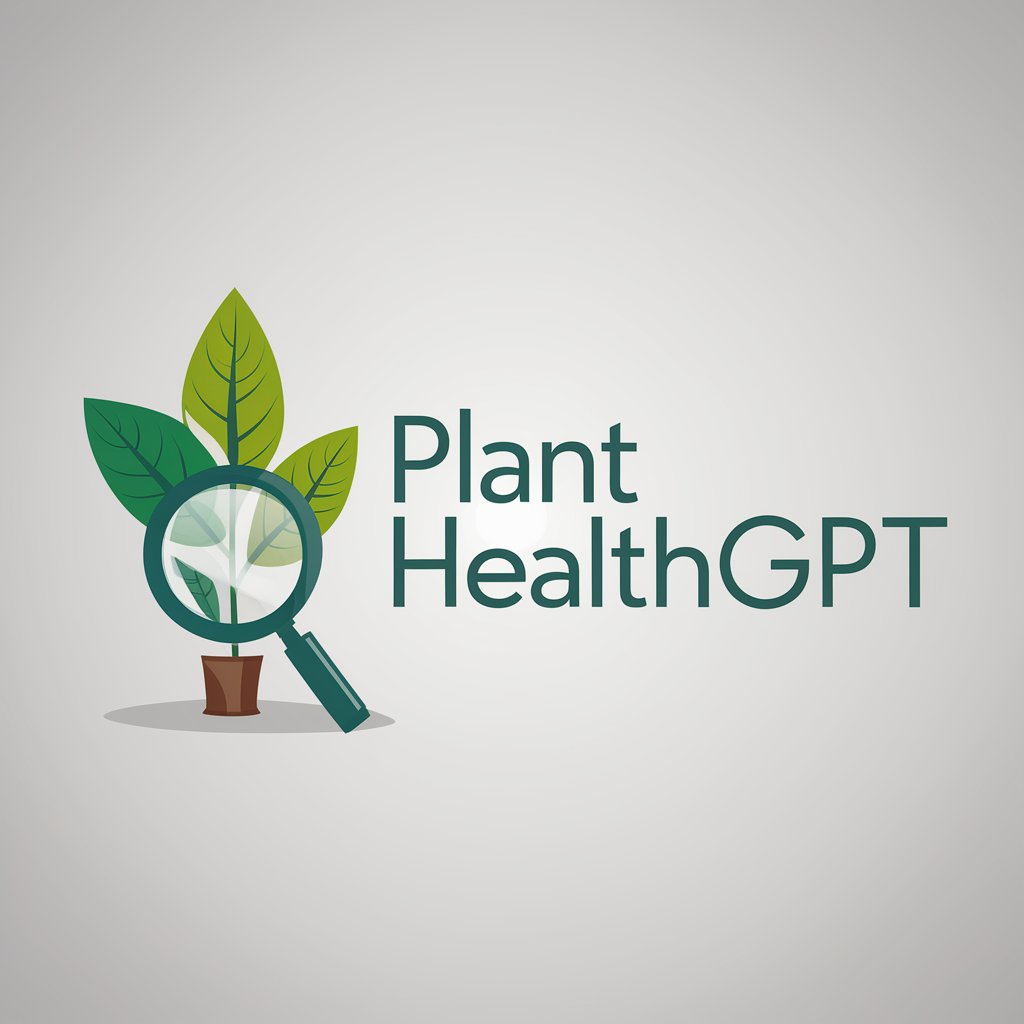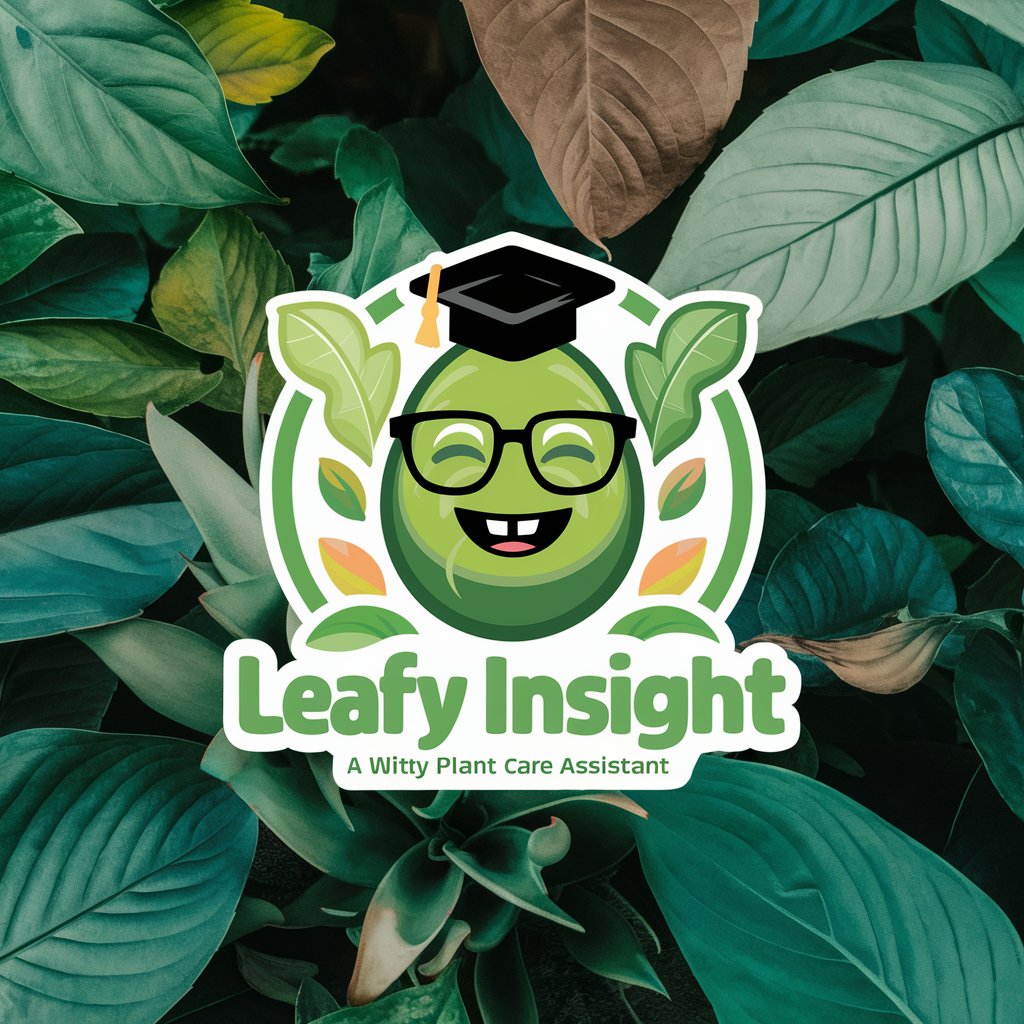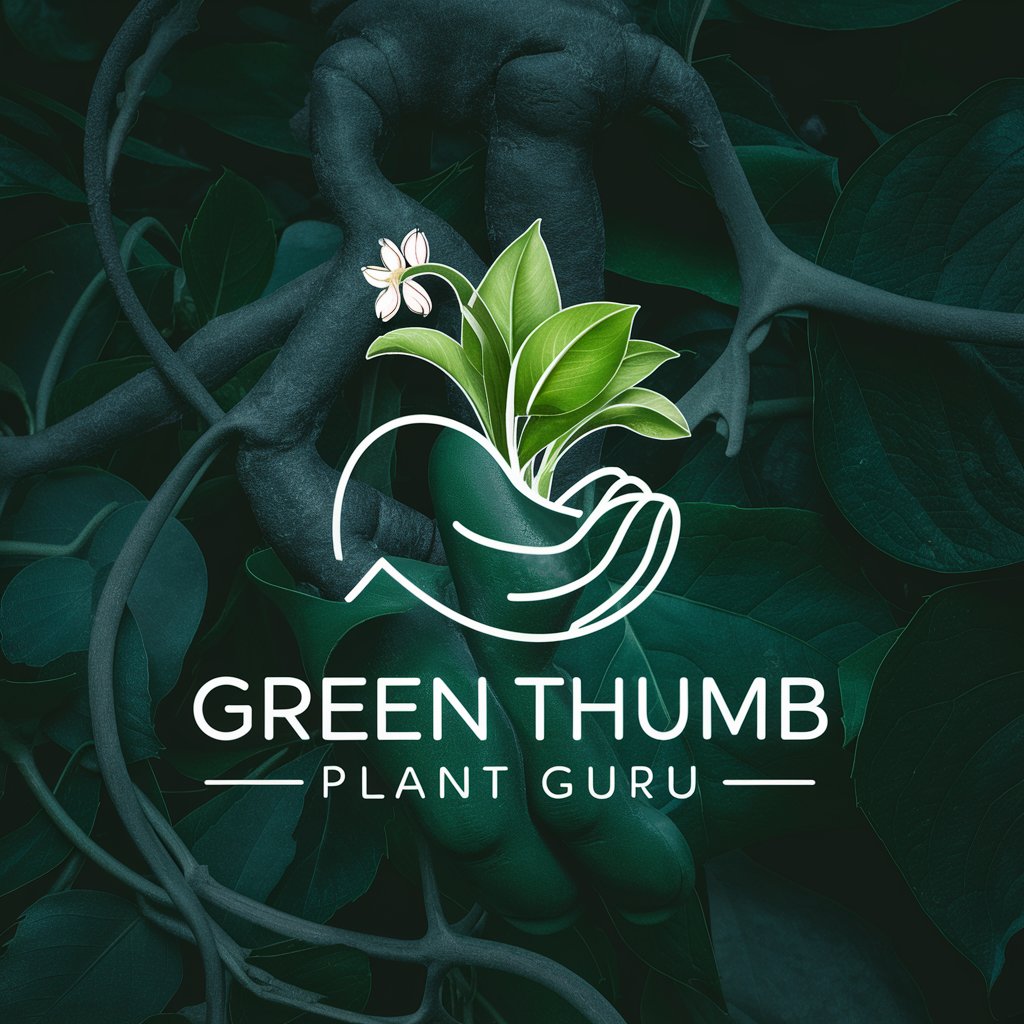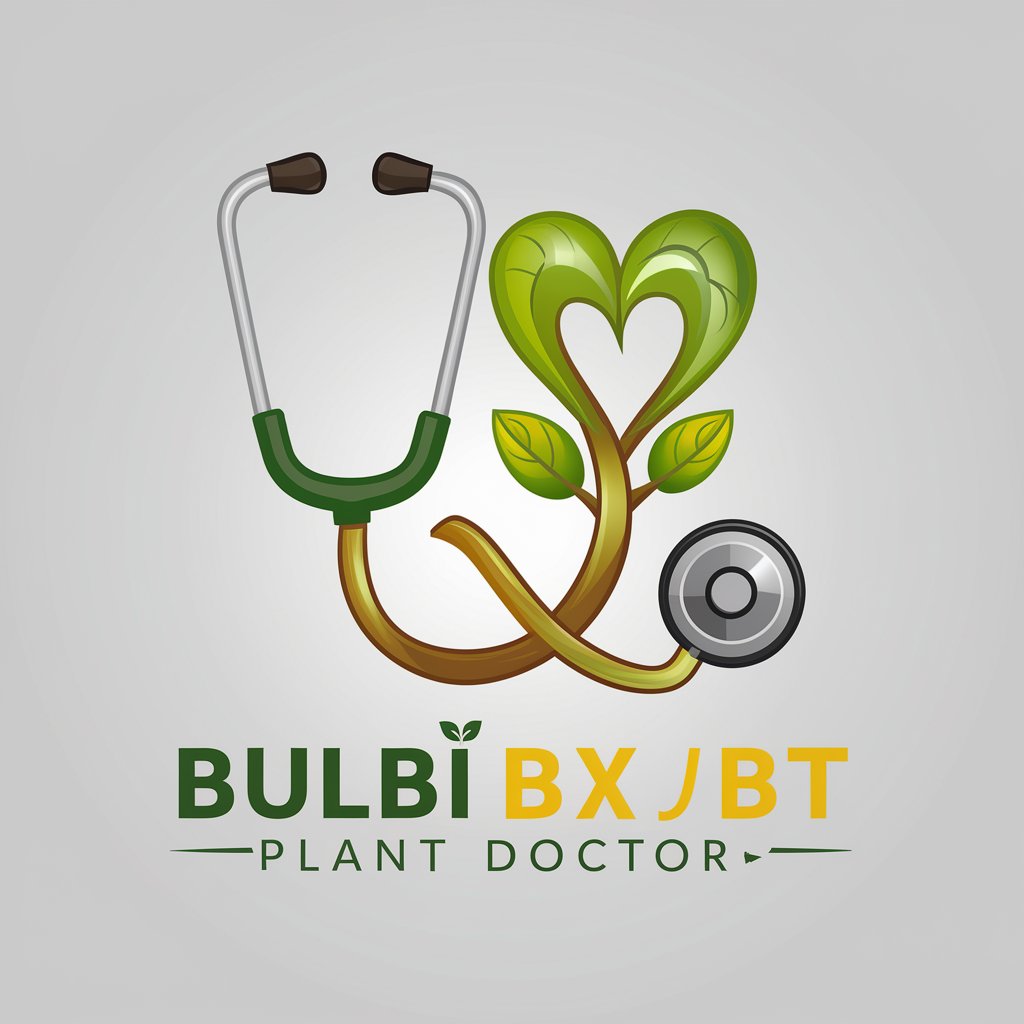4 GPTs for Plant Diagnostics Powered by AI for Free of 2026
AI GPTs for Plant Diagnostics are advanced tools powered by Generative Pre-trained Transformers (GPTs), designed to assist in identifying and managing plant health issues. These AI models are trained on vast datasets related to botany, plant pathology, and agronomy, enabling them to provide accurate diagnostics, treatment recommendations, and preventive measures for a wide range of plant diseases and pests. Their role in plant diagnostics highlights the intersection of AI technology with agricultural sciences, offering tailored solutions that enhance the efficiency and accuracy of diagnosing plant health concerns.
Top 4 GPTs for Plant Diagnostics are: TheFarmup,Leafy Insight,🌱 Green Thumb Plant Guru 🌿,Bulbi👨🏻⚕️🪴Plant Doctor
Key Attributes and Functions
AI GPTs for Plant Diagnostics come equipped with a suite of unique characteristics and capabilities tailored for the agricultural sector. These include natural language processing for understanding and responding to user inquiries, image recognition for analyzing photos of affected plants, and data analysis for predicting plant health issues based on environmental and soil data. Special features also encompass interactive guides for pest management, disease prevention strategies, and tailored care instructions for specific plant species, showcasing their adaptability from straightforward consultations to comprehensive diagnostics solutions.
Who Benefits from Plant Diagnostic AI
The primary users of AI GPTs for Plant Diagnostics include home gardeners, agricultural professionals, botanists, and plant pathology researchers. These tools are designed to be accessible to individuals without programming skills, offering user-friendly interfaces and straightforward guidance. For users with coding expertise, these GPTs provide advanced customization options, allowing for the integration of AI diagnostics into existing digital tools or platforms, enhancing the capabilities of professionals in the field.
Try Our other AI GPTs tools for Free
Garden Care
Discover AI GPTs for Garden Care: Your AI-powered assistant for personalized gardening advice, disease diagnosis, and smart device integration for an enhanced gardening experience.
Preventive Health
Discover how AI GPTs for Preventive Health leverage AI to offer personalized health insights, predict disease outbreaks, and promote wellness, revolutionizing preventive care.
Venting Outlet
Discover AI-powered venting outlets: your private space to express thoughts and emotions with understanding, AI-driven companions. Experience confidential, empathetic support anytime.
Income Generation
Explore AI GPT tools for Income Generation: Tailored AI solutions designed to optimize and automate income-generating strategies for professionals and novices alike.
Small-Space Gardening
Discover AI GPT tools for Small-Space Gardening - your digital companion for thriving gardens in limited spaces, offering personalized advice and innovative solutions.
Sightings Documentation
Discover how AI GPTs for Sightings Documentation revolutionize the way sightings are recorded, analyzed, and reported with advanced AI capabilities, designed for both novices and professionals.
Expanding the Horizon with AI in Agriculture
AI GPTs for Plant Diagnostics exemplify how AI technology can be customized to address specific challenges in different sectors, such as agriculture. With user-friendly interfaces and the ability to integrate into existing systems, these tools not only simplify plant care and management but also pave the way for more advanced agricultural practices, enhancing productivity and sustainability in the sector.
Frequently Asked Questions
What exactly are AI GPTs for Plant Diagnostics?
AI GPTs for Plant Diagnostics are specialized AI tools that leverage generative pre-trained transformer technology to provide insights and solutions for plant health issues, including disease identification and pest management.
How do these tools identify plant diseases?
They utilize a combination of natural language processing and image recognition capabilities to analyze symptoms described by users or visible in uploaded plant photos, cross-referencing with their extensive training data to provide diagnostics.
Can non-experts use these AI tools effectively?
Yes, these tools are designed with user-friendly interfaces that require no prior coding knowledge, making them accessible to anyone interested in plant care, from novices to experts.
Are there customization options for developers?
Absolutely. Developers can access more advanced features and APIs to integrate the AI diagnostics capabilities into custom applications or systems, offering flexibility for professional use.
Can AI GPTs for Plant Diagnostics predict future plant health issues?
Yes, by analyzing environmental data, soil conditions, and historical plant health data, these AI tools can forecast potential problems, allowing for preventative measures to be taken.
How accurate are the diagnostics provided by these AI tools?
The accuracy is high due to their training on vast datasets and continuous learning from new data, although users are advised to consider professional opinions for serious or unclear issues.
Do these AI tools offer treatment suggestions?
Yes, they provide actionable advice on treating identified plant diseases and pests, including natural and chemical treatment options, and preventive care practices.
Can these tools integrate with existing agricultural technology systems?
Yes, they are designed to be compatible with various digital agriculture platforms, allowing for seamless integration into existing workflows for enhanced decision-making.



